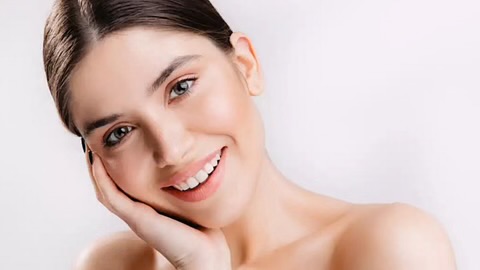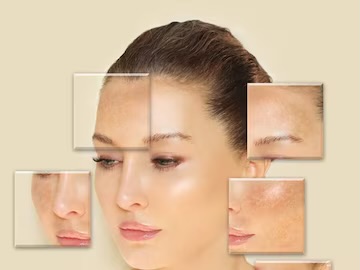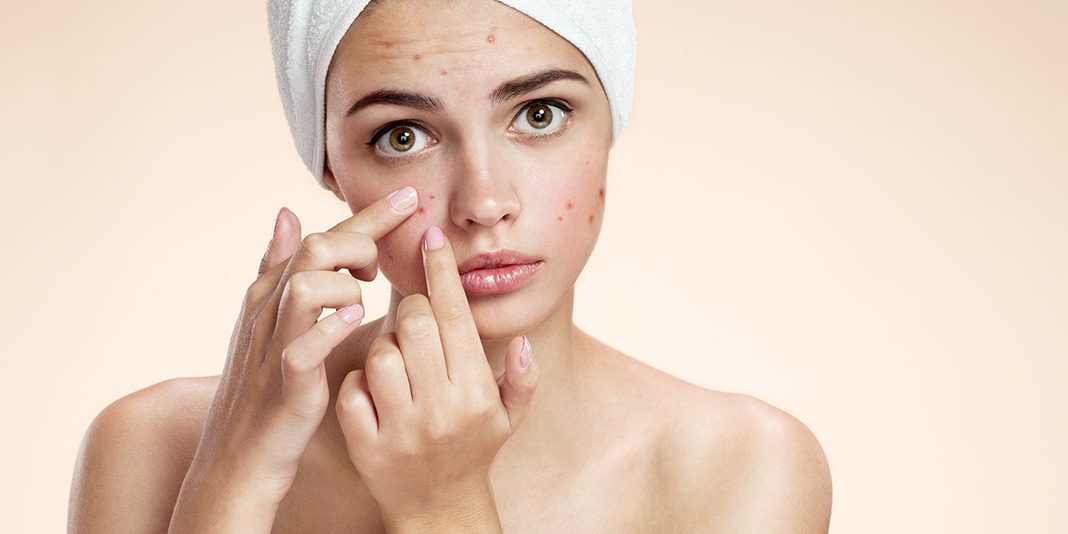Cosmetics on skin
The skin is the largest organ of the human body. It protects us from disease, pollution, and harm. It provides a barrier against infection and foreign substances. Additionally, our skin has its own temperature regulation system that tells blood vessels to expand or constrict to maintain a healthy temperature.
Cosmetics are applied to the surface of the skin for either enhancing an individual's appearance or for protecting it. Cosmetics can be made from natural or synthetic ingredients. Natural ingredients include minerals like titanium dioxide, zinc oxide, iron oxides, and talc; animal products like lanolin; vegetables like coconut oil; fruits like olive oil; and nuts like cocoa butter. Synthetic ingredients include petrochemicals such as petroleum jelly, paraffin waxes, silicone oils; man-made materials.
Some cosmetic products are good for the skin, while others might not be. But what is the difference?
The most important thing in choosing a cosmetic product is to make sure that it's the right product for your skin type. Creams and lotions are generally better suited for dry skin, while powders and liquids are better for oily or combination skin.
Some people have allergies, so it's important to read labels carefully before buying. If you're not sure about a certain ingredient, ask your dermatologist or pharmacist about it beforehand.
Cosmetics on the skin is the most popular form of cosmetic application. Cosmetics on the skin include cosmetics such as lipstick, mascara, and eye shadow.







